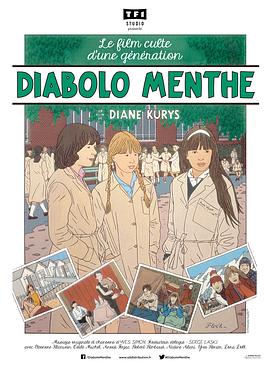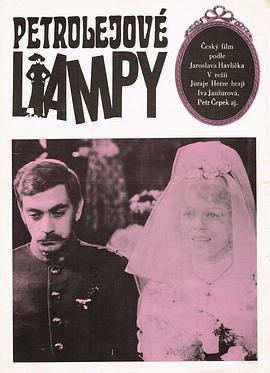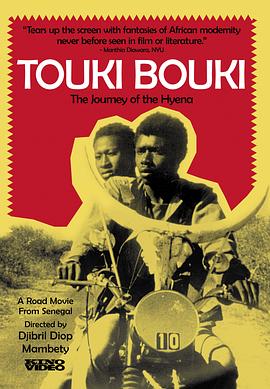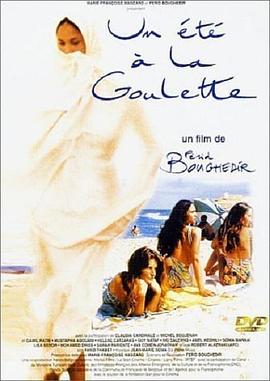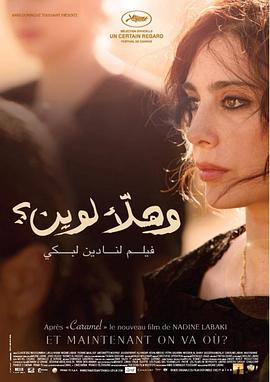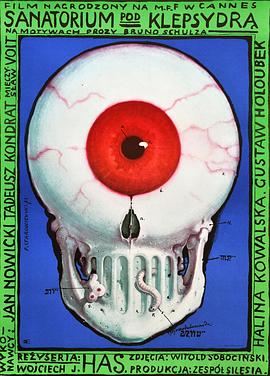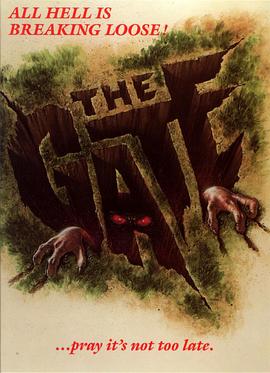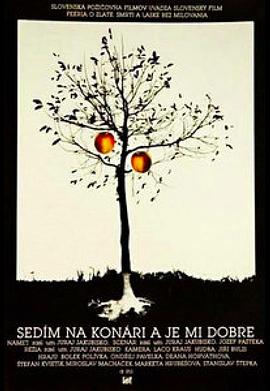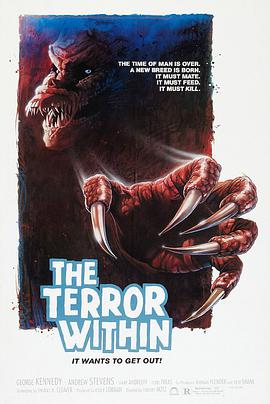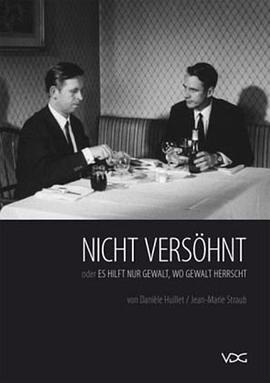-
备注:已完结
类型:喜剧片
主演:埃莱奥诺尔·克拉尔万 奥迪勒·米歇尔 阿努克·费尔雅克 Michel
导演:迪亚娜·库里
语言:法语
年代:未知
简介:导演科依斯的处女作,具有强烈的自传性质,讲一个12岁女孩跟她那15岁姐姐在1963年秋天开始发生的故事。这一年,姐妹俩刚刚跟父亲从海边避暑回来,跟已经离婚的母亲在巴黎共同生活。开学之后,姐姐面对她的第一次真正恋爱,跟年长的男人也有了亲吻的经历,友情也因为价值观的矛盾而生变。而妹妹面对的是另一些问题,例如第一次跟男孩子说话,对抗不公平的老师,陪不开心的母亲修理东西等。 获奖:1977年法国“路易·德吕克”奖 1978年法国恺撒奖提名最佳声音效果 1978年多伦多电影节展映作品
-
备注:已完结
类型:剧情片
主演:伊娃·简祖罗娃 彼得·采佩克 玛丽·罗苏尔科娃 奥塔·斯克伦奇卡 Vl
导演:尤拉伊·赫兹
语言:其它
年代:未知
简介:In small czech town named Jilemnice live unfortunate, but brave and jovial woman Štěpa Kiliánová, whose only desire was to fill the void in her virgin life. In despair and excessive trust, she married a sardonic, reclusive man, former lieutenant and gambler Pavel Malina, whose only wish was finally found peace and forgetting the past. They lived through unrequited love, dislike and disappointment. But no one knew that her groom begin to show signs of cerebral disease, which in the coming years engulf his sanity.
-
备注:已完结
类型:喜剧片
主演:娜丁·拉巴基 阿德尔·卡拉姆 法雅徳·耶敏 卡琳·多 弗雷德里克·斯坦
导演:娜丁·拉巴基
语言:其它
年代:未知
简介:在坑坑洼洼的路边,一小队妇女正在向村庄里的墓地前行。她们走得很郑重,好像正在参加什么仪式。走在最前面的分别是塔克拉、艾美尔、伊冯娜、艾法芙和赛德。她们捧着自己心爱的男人的照片,行走在正午的烈日下。照片上的这些男人都在毫无意义的战争中一命呜呼,只留下自己的家眷在国内辛苦地生活。一些妇女带着面纱,一些人则背着木质的十字架。她们身着黑色的衣服,虽然来自不同的地区、不同的家庭、有着不同的信仰,但是这一路上,她们共同的情绪就是——悲伤。 到达墓地门口,出现了戏剧性的一幕:这些女人主动分成了两堆,一堆是穆斯林,另一堆则是基督徒。 在这个被战争常年蹂躏的国家里,这一小群妇女打出的反战的旗号,并且身体力行地做着反战的事情。从外界到内部,她们都在经历着洗礼。所幸的是,她们的信念经过了怀疑、宗教和反对之声的考验,她们的友谊存活了下来。但是,当悲剧性的事件发生后,还会不会有人继续做着反战、祈祷和平的事情呢?
-
备注:已完结
类型:剧情片
主演:Heinrich Hargesheimer Carlheinz Har
语言:其它
年代:未知
简介:The subtitle of Jean-Marie Straub and Danièle Huillet’s first feature, from 1965, “Only Violence Helps Where Violence Reigns,” suggests the fierce political program evoked by their rigorous aesthetic. The pretext of the film, set in Cologne, is Heinrich Böll’s novel “Billiards at Half Past Nine,” which they strip down to a handful of stark events and film with a confrontational angularity akin to Bartók’s music that adorns the soundtrack. The subtlest of cues accompany the story’s complex flashbacks. The middle-aged Robert Fähmel tells a young hotel bellhop of persecutions under the Third Reich; his elderly father, Heinrich, an architect famed for a local abbey, recalls the militarism of the First World War, when his wife, Johanna, incurred trouble for insulting the Kaiser. A third-generation Fähmel is considering architecture, just as the exiled brother of Robert’s late wife, returns, only to be met by their former torturer, now a West German official taking part in a celebratory parade of war veterans. Straub and Huillet make the layers of history live in the present tense, which they judge severely. The tamped-down acting and the spare, tense visual rhetoric suggest a state of moral crisis as well as the response—as much in style as in substance—that it demands.
